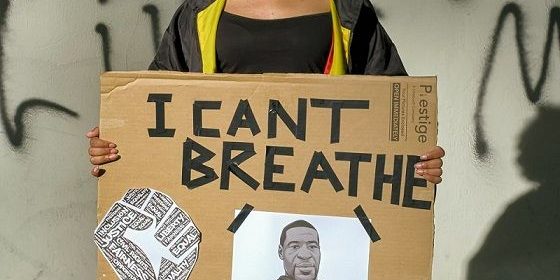When we think about race, it’s usually associated with physical traits. Race is defined as “a category of humankind that shares certain distinctive physical traits.” We often use race when we talk about skin colour, eye colour, the look and feel of our hair, facial features, and so on.
Many of us also feel compelled to use colour in conversations about race.
I’m White; you’re Black or Brown.
I notice what we term as “race,” daily. It’s part of my home life. It’s there when I scroll through social media and when I step outside my front door. I would like to think there is no unconscious bias in how I perceive people’s differences, but even that’s not as simple as it may seem.
Come to think of it, isn’t it a bit odd that as a society we use something as arbitrary as colour to categorise people?
Race is closely related to ethnicity, but the latter is rooted less in physical characteristics and more in things like nationality, shared ancestry, cultural beliefs, language, and religious practice.
Jewish, Irish, Latino, Han Chinese… all examples of the many categories we use to define different groups by race and/or ethnicity.
Unlike the constraints often imposed on us by race, some people consider ethnicity to be more fluid because it allows people to self-identify in different ways.
For example, an Indian-Australian woman may choose to wear a saree and decorate her arms and hands with henna as a celebration of her ethnicity, or she may decide to don Western garb and adopt a different identity. This fluidity can be empowering, in that it allows her to celebrate both identities interchangeably.
Likewise, someone who may be identified by others as Spanish, self-identifies as Basque. An Italian-American who feels a close kinship to their homeland may also identify as Sicilian.
I’m aware that I’m talking about these concepts in pretty generic and simplistic terms but bear with me.
Race doesn’t really exist, and neither does ethnicity. They are not biological.
You can be proud of your race, proud of your roots, and where you come from; but it doesn’t change the fact that they are social constructs. Made up words designed to serve a system based on discrimination and prejudice.
I think a lot of people still struggle with this. I do too. As I said, I see people that my mind instinctively looks to categorise by race and ethnicity, all the time.
There’s that word again: categorise.
It’s an important word because it pretty much sums up how these terms became such key components in our everyday language.
In this post, I’m going to explore how the word race came to be, and why it’s a social construct. Ethnicity is also deserving of analysis, and hopefully, in time, we can explore its usage and implications too.


